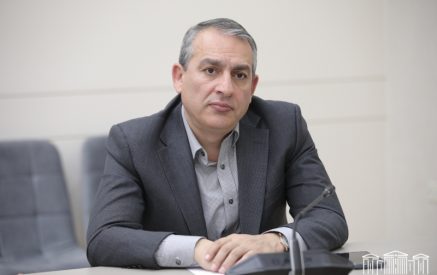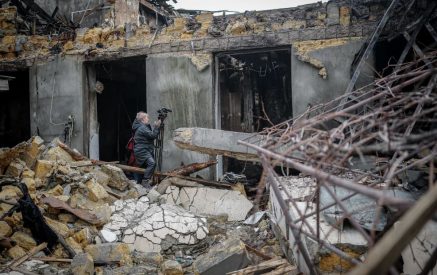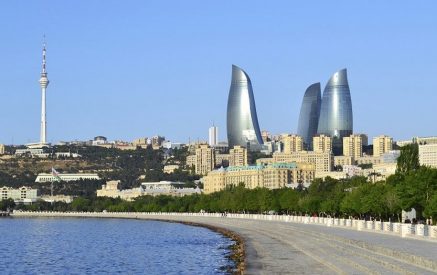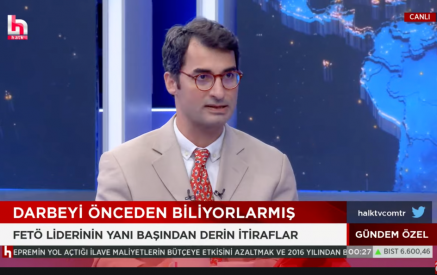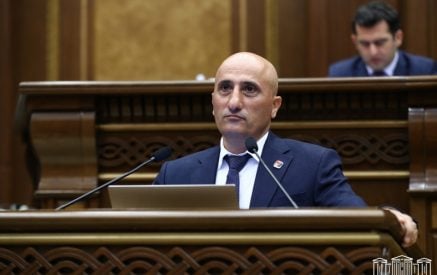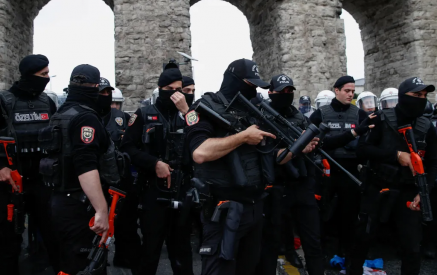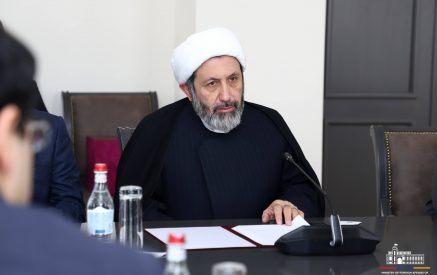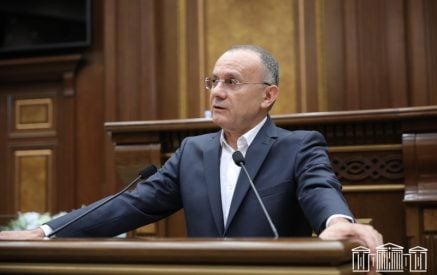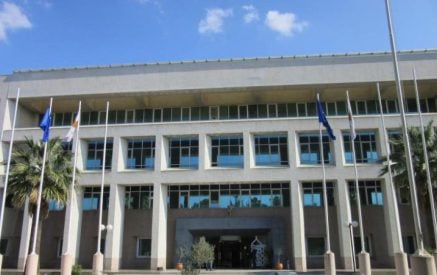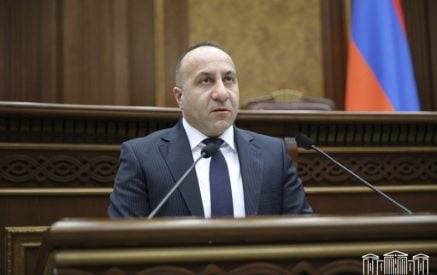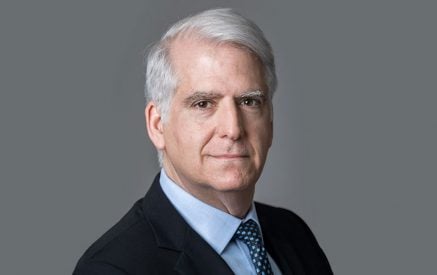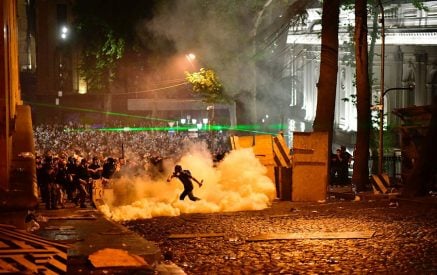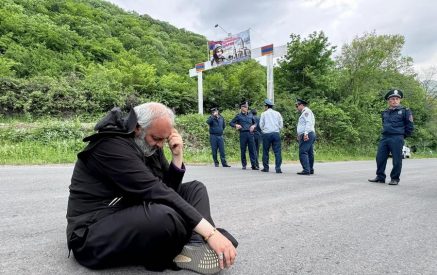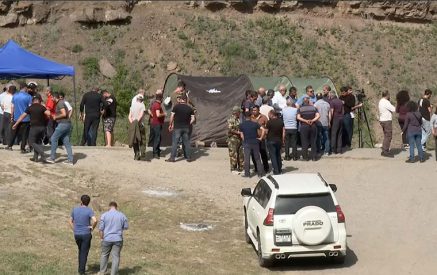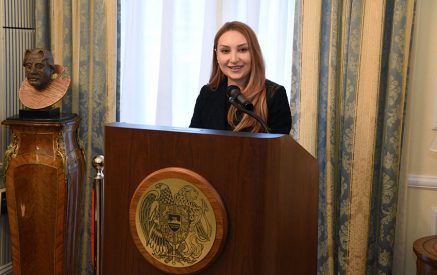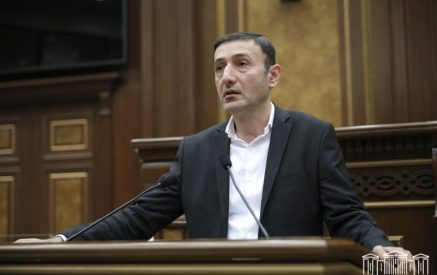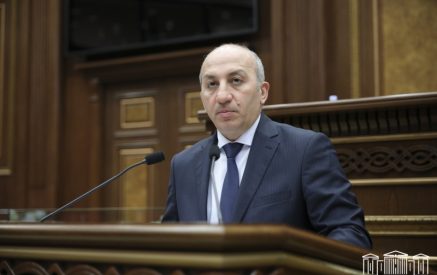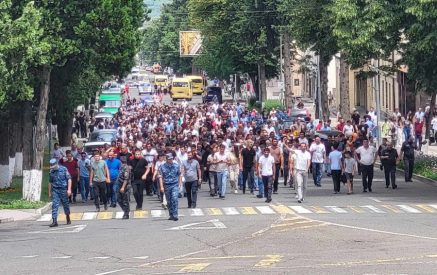On the factors of “praetorian society” and the reproduction of authoritarianism
Last week, Citizen’s Day (in other words, the 4th anniversary of the revolution organized by Pashinyan) was not particularly celebrated. Several government officials and supporters posted statuses on Facebook, congratulating us all on the glorious holiday, but there was no official event, not even washing carpets. By and large, there was probably nothing to brag about. On the other hand, those whose revolution had deprived them of certain pleasures naturally had another reason to rejoice: “Did you see what happened?”
But in this case I am not interested in the feelings of those who won or suffered from the revolution and their propaganda, but in the answers to three more fundamental questions: 1) was the revolution legal, 2) did it solve the problems set before it, 3) if not, should we expect new revolutions? To answer the first question, let us recall what the American political scientist of the last century, Samuel Huntington, meant by “political order.”
He meant the case when the political system is so institutionalized (polished, uninterrupted working with complex mechanisms) that it is able to maintain its quality by including new groups (elsewhere Huntington calls them “dangerous groups”), and to make sure that these groups follow the rules and values of the game that have already been adopted. Was the system that existed in 2018 capable of maintaining that “political order” in Huntington’s sense?
Read also
Obviously not. The system was “post-Soviet” – with corruption, rigged elections, arrogant illegalities of the rulers and the rich. And who were the “new groups” that were not included in that system? They were, first of all, those born in the early 1990s, who could already have been active in the early 2010s. Public movements in the 2010s, such as Electric Yerevan or We Pay 100 Drams, should have been a wake-up call for the then government, which, however, did not take any steps to change the system To the new groups were added the “old ones,” the “lumpenized ones” in the 1990s, who were told for 27 years “be patient for the sake of Artsakh”, but those who said they were not “patient” at all, and became rich in front of everyone.
According to the American political scientist, political activity was higher than institutionalization, and it can lead to a revolution in this case. The revolution was thus legitimate. Now let’s try to answer the second question, whether it has solved the problems set before it. If the goal is to move from an outdated, post-Soviet, authoritarian system to a more modern, democratic system, then I don’t think so. There are many indicators of maintaining the system, and the most obvious (perhaps not so important) for me is that, like Kocharyan and Sargsyan, as well as Pashinyan, the oligarchs are obliged to remain loyal to the government, the latter has every opportunity to bankrupt them. Tsarukyan’s example is the most recent.
The preconditions for the reproduction of authoritarianism are listed in political science. 1) preservation of the traditional society by accepted social norms, 2) “client king” (rulers) – the reproduction of king-prince-subjects relations, 3) the influence of religious norms on the political orientations of the population, 4) economic backwardness, 5) high level of conflict in the society. As we can see, preconditions 2, 4, and 5 exist in our society, therefore, we have a tendency towards authoritarianism. And finally, let’s look at the factors that can contribute to new revolutions. They are hidden in the features of the so-called “praetorian society” formulated by another American political scientist, David Rapoport. By the way, the theory mentioned by Huntington is based on many of these ideas. The “Praetors” were the bodyguards of Roman generals, what we might call the “guards” of modern oligarchs. Although Rapoport’s observations refer to the preconditions of a military coup, it seems to me that they can be applied to any coup. These factors include: 1) lack of consensus of the most influential groups on the rules of the game, 2) sharp conflict over power and redistribution of property, 3) polarization of society, 4) low level of legitimacy and institutionalization of power. (This is not “bureaucratic” due to the number of votes, but real public legitimacy). Since all four factors are present, the probability of a new revolution is quite high.
But I do not think it will happen in the coming months, and the implementers will be the forces in Freedom Square today. Unpleasant memories are associated with them.
Aram Abrahamyan
Aravot Daily 26.04.2022




